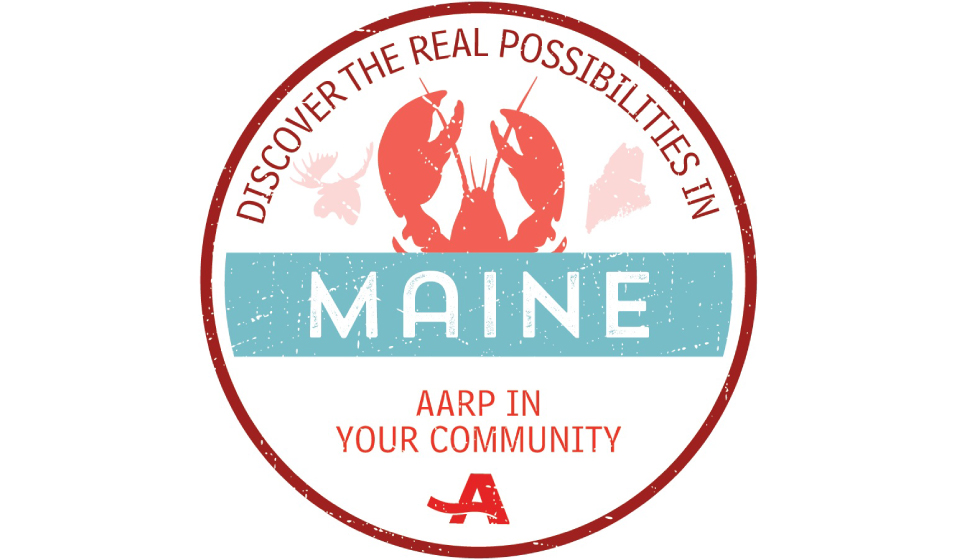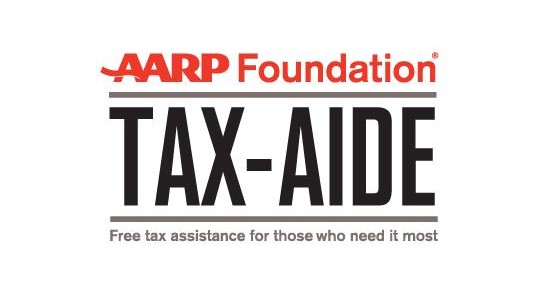AARP OUTREACH: Three out of four Mainers vote for high speed internet access for all

 by Japhet Els
by Japhet Els
“We cannot compete if we are not connected.” Jim Fisher was right: how can Maine expect to compete, to grow and expand, without being better connected to more customers, clients, consumers, and the rest of the world?
The simple answer is, we can’t. And Mr. Fisher’s experience as Town Manager of Deer Isle showed him this.
We’ve been through this before. The onset of the telephone at the turn of the century was a debate about being connected. Landlines were being laid and everybody, no matter where you lived, had the opportunity to get connected. Today’s internet access is similar to telephone access one hundred years ago. The only difference is there are far more underserved, unserved, communities when it comes to affordable high-speed internet access.
The good news is on July 14 more than 75 percent of Maine voters voted for a better internet where we need it most. They are the Deer Isles, Abbots, Pattens, and Port Clydes, where affordable high-speed internet is rare and usually impossible. They are the communities where an affordable high-speed internet connection is far from guaranteed and more than likely costs an arm and leg. They are communities where everyone works two jobs to make ends meet, maybe three or four. They are communities that will capitalize on an affordable, accessible high-speed internet connection to create jobs, connect to more customers, and support families. All we have to do is get it to them.
Question 1 on the ballot jumpstarted this effort.
More than 75 percent of Maine voters demanded that high-speed internet be affordable and accessible no matter where you may live in Maine. Supporting question one set Maine up to connect our most rural, underserved communities to a high-speed connection. And when was the last time more 75 percent of us supported one idea? It’s rare in today’s partisan world, yet Mainers chose not to be divided, instead finding common ground around investing in our collective and connected future.
When you’re talking about high-speed internet, you’re talking about small businesses plugging into a competitive market. You’re talking about Mainers connecting with their doctors via video conference from their kitchen tables instead of driving many miles for a simple check-up. You’re talking about our kids connecting to their assignments and class resources right from their bedrooms, not from a Wal-Mart parking lot. You’re talking about connecting families and making sure, even during a pandemic, we can reach the ones we love through a modern high-speed internet connection.
Mr. Fisher reminds us that information is important to everyone these days, even fisherman. “Over 15 percent of the workforce is in lobstering, fishing – that’s a tremendously important export industry for us and they rely on the internet for pricing information, communication, particularly now,” Fisher says. “It’s been said that when a business wants to expand in Deer Isle it usually means they’re leaving…and those that stay end up going to extraordinary lengths to acquire a high-speed connection.”
There are many Jim Fishers in Maine and lobstering isn’t the only business impacted by a modern internet connection. Our rural communities require high-speed internet today and passing question one on July 14 allowed Maine to take the first step to a more connected future.
This is only the first-step. We’re on the right road, no doubt. But we have more steps to take to get more of Maine connected. To all of those who support Question One on the ballot, thank you. We have more work to do we look forward to getting to it with your help.
Born in Waterville, camp in Kents Hill, and family in Bath, Japhet Els is Outreach Director for AARP Maine working on the issues impacting the 50+ community and their families including access to affordable high-speed internet.


 AARP Foundation Tax-Aide, the nation’s largest free, volunteer-based tax preparation and assistance service, has announced that State of Maine AARP Foundation Tax-Aide sites will not re-open in 2020.
AARP Foundation Tax-Aide, the nation’s largest free, volunteer-based tax preparation and assistance service, has announced that State of Maine AARP Foundation Tax-Aide sites will not re-open in 2020.
 by Japhet Els
by Japhet Els